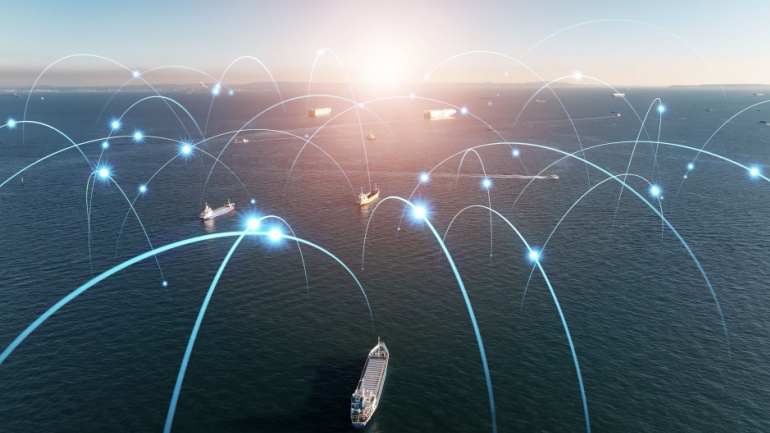DIDWW has expanded its global reach by adding national phone numbers in Denmark, the Czech Republic, Spain, and Costa Rica. With coverage in over 90 countries, its robust SIP trunking solution offers high quality voice services, flexible configurations, and seamless two-way communication for businesses worldwide.
Joining forces to propel Denmark into the 5G age, telecommunications giants Ericsson and TDC NET confront the intricacy of transitioning to Standalone 5G. The venture promises enhanced connectivity, yet its real impact remains under scrutiny. Their collaborative effort hinges not just on operational advancement but also in setting a future-ready network infrastructure with increased energy efficiency and advanced services. However, as TDC NET prepares to navigate this expansive opportunity landscape, it’s essential to question the overall strategic footing of the industry—a fascinating watch for tech aficionados. Stay informed with the Telecoms.com newsletter.
EXA Infrastructure teams with IOEMA to enhance Northern Europe’s connectivity landscape. With a new submarine cable landing in Leiston, UK, IOEMA’s 1,600-kilometer project links key European markets like the UK, Netherlands, and Germany.
DIDWW is expanding its international virtual phone number coverage, adding Danish national numbers to its portfolio. With a coverage of national numbers in 40 countries, this allows businesses seamless communication.
Sweden is investigating the damage to critical subsea cables in the Baltic Sea, urging a Chinese ship, Yi Peng 3, to return for inquiry. The incidents, involving cables linking Sweden, Lithuania, Finland, and Germany, raise concerns over potential sabotage.
Germany has officially banned critical components from Chinese telecom firms Huawei and ZTE in its 5G network infrastructure, citing security concerns. German telecommunications companies must eliminate Chinese equipment from core networks by 2026 and from 5G access and transport networks by 2029.
Nokia has been chosen to supply Norlys with its complete mobile core network and managed services. This partnership will enhance the performance and reliability of Norlys’ 4G and 5G networks in Denmark. Utilizing Red Hat OpenShift and Nokia’s Cloud Platform, the deployment promises scalable and secure infrastructure solutions for advanced voice and data services.
A new high-capacity data backbone spanning the UK, Netherlands, Germany, Denmark, and Norway promises increased capacity and redundancy. XL Axiata and Ericsson team up to integrate 4G and 5G services into a cloud-based network. AppDirect introduces AppDirect AI, a secure marketplace allowing users to create AI apps without coding. Cynomi expands its vCISO services to European MSPs and MSSPs, prioritizing data localization.
At the Submarine Networks EMEA Conference in London, IOEMA Fibre introduced a new submarine cable that will link key markets across Northern Europe. The 1,400km cable, equipped with repeaters, will connect the UK, The Netherlands, Germany, Denmark, and Norway.
Enreach, Europe’s leading provider of converged contact solutions, announced that it has expanded its Voice for Microsoft Teams features to customers in 80 countries. The extension is the result of Enreach’s partnership with SIPPIO, which delivers Microsoft Teams services to customers around the world.













